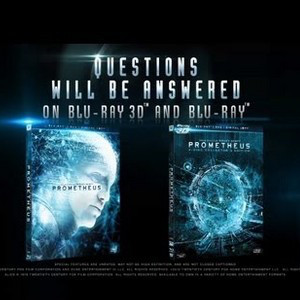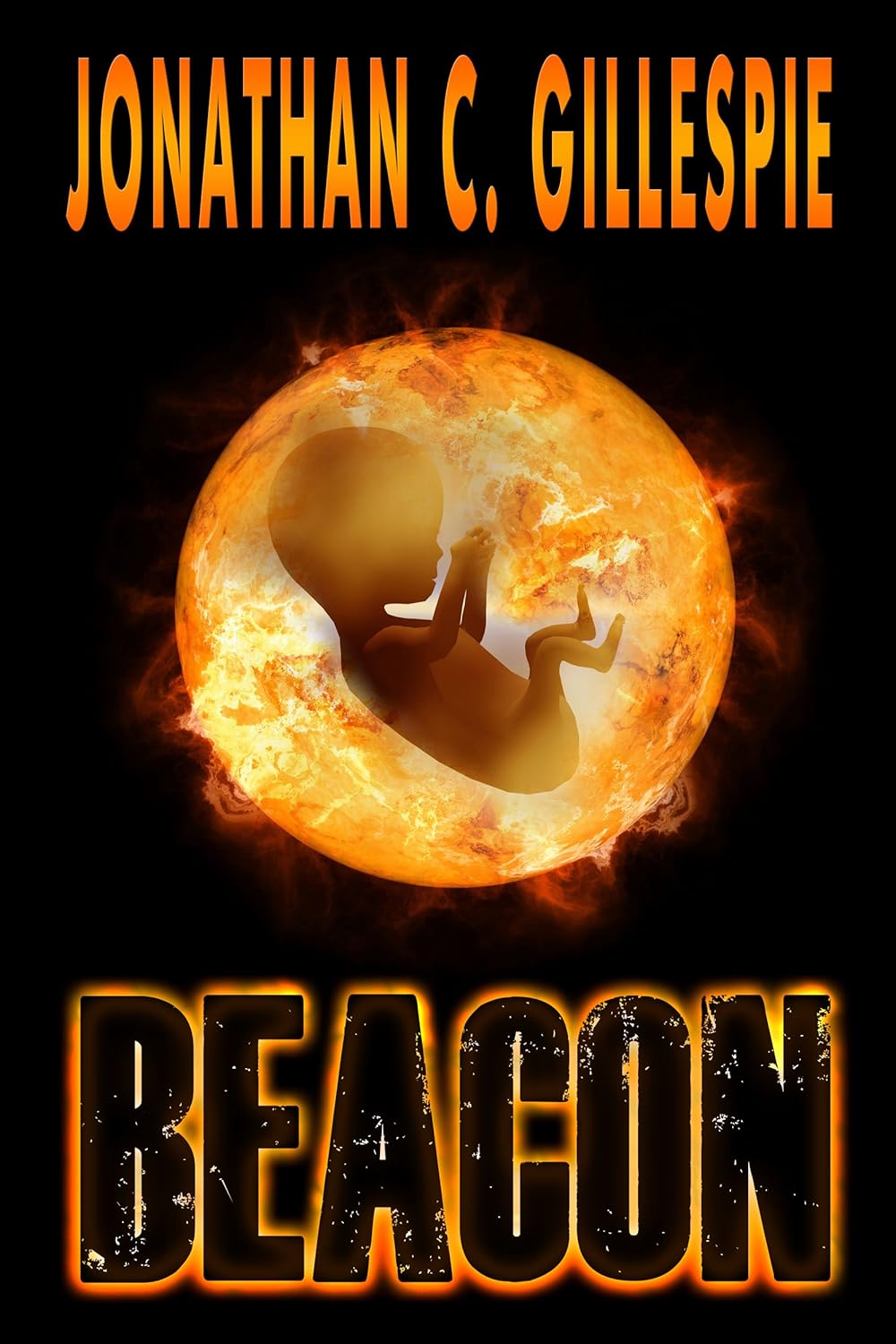Dear Hollywood: Stop Taking My Wonder Away, syndicated from @JCGAuthor

I was all set to do the second part of a recent two-part blog series on significant weapons in history, when I ran headlong into the “Collector’s Edition” Blu-ray version of Prometheus, a film I not only paid good money to see in the theater last summer, but wrote a glowing review of. There on the four-disk jacket were infamous words: “Questions Will be Answered”.
So, this promise was apparently used as a selling point for the Blu-ray and DVD releases of the product. Digging deeper, it didn’t take long to find out that the theme was even part of the release’s add campaign:
I’m not blaming Alien franchise devotees for being irritated with Prometheus. I dug the movie, but I recognize it ran through a minefield revisiting its canon, and whether Ridley Scott intended it to be a more standalone flick or not, comparisons with the older universe were inevitable. And some of those comparisons would lead to outraged fans.
But as much as internet resources like Facebook, Imdb, and Rotten Tomatoes have enhanced our enjoyment of cinema, they’ve also provided new ways for screaming acolytes to tear into a movie online and voice every niggling complaint they have about it. And though fan devotion leads to positive results, such as Serenity, we’re also seeing Hollywood react to fan angst by stepping back from telling the kinds of big-idea, brave stories they used to. They’re leery to use the unknown as a storytelling device.
So no, it’s not fan vitriol that I’m taking issue with. It’s the idea that filmmakers could and should hand us every scrap of detail and answer every hanging question that could possibly occur to us over the course of a movie. I bristle whenever I see thread after thread of outraged “what was up with this?” posts.
Stop it. Just stop it.
Some of the greatest science fiction films of our time were made all the more powerful by the sense of mystery they created, and the product of that mystery was wonder.
People say you couldn’t make 2001: A Space Odyssey in modern Hollywood. They’re absolutely right. Because between the audience bogging down the movie’s various web filaments with threads bemoaning their own confusion, and Hollywood catering to the fear of alienating audiences by releasing increasingly dumber movies–or, in the case of Prometheus, promising the audience to spell everything out for them if they just buy the home version–no wonder it’s so hard to find quality science fiction cinema.
Good science fiction doesn’t spoon-feed. It invites the sense that we are looking into a Universe, but not seeing all of it–that we are floating in the tale’s corona but can’t always see the planets in its system. I like the unknown because I like looking into it and imagining what is there.
I don’t want a world where the aliens show up in true form at the end of Contact (and I don’t care if you do). I’m not interested in learning why the Engineers created us, then tried to destroy us, then changed their minds. I’m glad when the film doesn’t tell me Deckard is a replicant. I prefer being allowed to wonder.
Instead, I’m left to wonder why that desire has become so passé.
